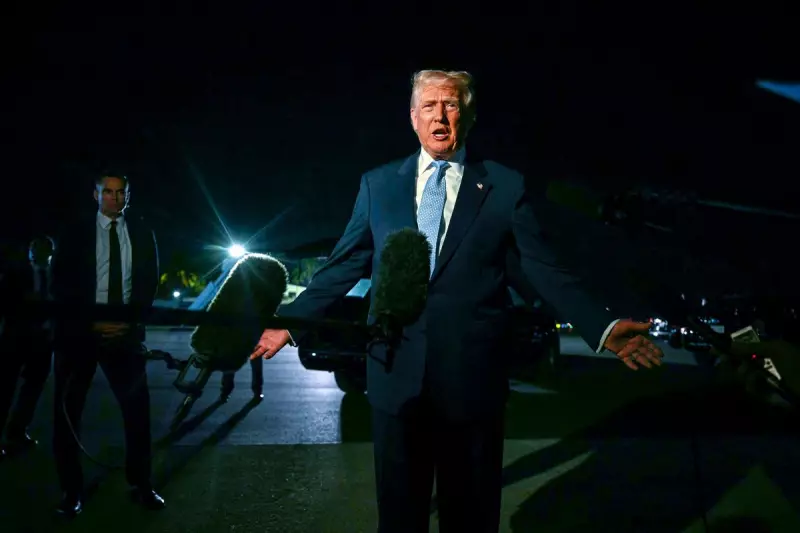
In a dramatic reversal that has stunned political observers, former President Donald Trump has performed one of the sharpest U-turns of his presidency by now advocating for the release of the controversial Epstein files. This decision marks a complete departure from his previous months of resistance and comes just days after he publicly denounced Republican ally Marjorie Taylor Greene as "whacky" and a "traitor" for demanding the same transparency.
The Sudden Reversal
The President justified his remarkable change of position by claiming the Epstein files issue had become a distraction from the Republican Party's legislative agenda. Trump stated that "we have nothing to hide," though this assertion remains unproven until the documents are fully examined. His explanation, delivered on Monday 17 November 2025, follows weeks of mounting pressure from Congressional Democrats who had weaponised the issue.
This isn't the first time Trump has executed a dramatic policy reversal. Recent precedents include his shifting positions on Ukraine and continual flip-flopping on trade tariffs, leading some critics to suggest he simply adopts the view of the last person he speaks to. However, the timing and nature of this particular U-turn raise serious questions about his motivations and what he might be anticipating in the forthcoming document release.
Calculated Political Risk
As the supreme political pragmatist, Trump appears to have calculated that the damage from continuing to block the files' release now outweighs any potential benefits. This represents either a significant gamble or demonstrates confidence that the documents will exonerate him. The limited evidence revealed so far - three emails none of which were directly to or from Trump - suggests any immediate damage might be contained.
One email indicated Trump may have spent time with Virginia Giuffre, Prince Andrew's accuser, at Epstein's New York residence, while another suggested he "knew about the women." However, there remains no concrete evidence linking the future President closely with Epstein after his conviction, though complete separation between the two New York businessmen during their pre-political years would seem unlikely.
Potential Outcomes and Consequences
Several scenarios could unfold once the complete files are released, assuming they clear both House approval and potential Senate blocking attempts. The first possibility is that Trump is largely absent from the documents, essentially vindicating his claims of minimal involvement. Even in this scenario, opponents would likely allege the files were sanitised to protect him.
The second outcome might see Trump personally cleared while associates and political allies face exposure, creating collateral damage that could affect Republican prospects in next year's mid-term Congressional elections and the 2028 presidential race. This potential risk to his party could explain Trump's initial resistance to releasing the files.
The most damaging scenario would involve evidence emerging of a closer, more prolonged relationship between Trump and Epstein than previously known. Such revelations would significantly strengthen women's and victims' groups that have campaigned for transparency and could potentially lead to calls for Trump's resignation or impeachment.
However, Trump's proven ability to separate personal behaviour from political consequences shouldn't be underestimated. Without incontrovertible evidence of a substantial connection to Epstein, he has historically demonstrated an remarkable capacity to bluster his way through scandals. His Teflon qualities, combined with the slow-moving wheels of American politics and justice, suggest the 47th President will likely complete his term regardless of what the files ultimately reveal.





